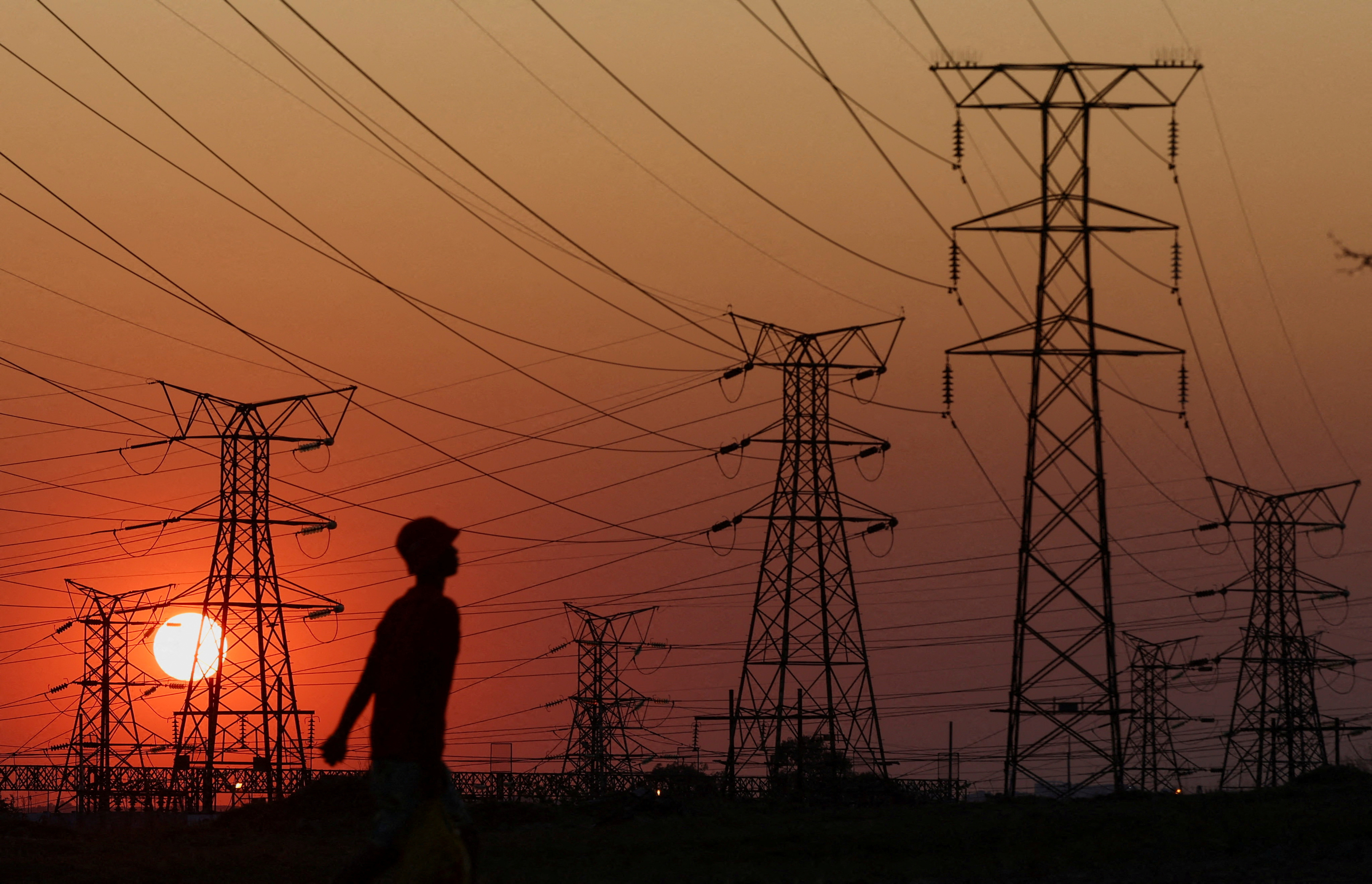By Andria Kades and Iole Damaskinos
Fuel subsidies will be scrapped but electricity bill subsidies will continue albeit more targeted towards vulnerable groups, the cabinet decided on Wednesday.
The measure will cost €2.5 million and will last until the end of September.
Announcing the developments, Finance Minister Makis Keravnos said electricity subsidies will be geared to vulnerable households and farmers who use pumping stations to water crops.
Vulnerable groups include those receiving Guaranteed Minimum Income, disabled persons, those unable to work, single parents, those with large families, people who receive disability pensions and the unemployed.
Responding to a question on criticisms against the government from the opposition which maintained that state finances could have allowed for the fuel subsidies to continue, Keravnos said “I believe we are better placed to know the situation of our public finances”.
“We will not allow for any concerns over our fiscal stability.”
He stressed the government had taken a series of measures to combat inflationary pressures and increasing prices, including fuel and electricity subsidies.
It was clear from the onset that these would be temporary, and would expire at the end of June, he noted.
Taking into account all available data and the reduced fuel prices, the government has decided to scrap fuel subsides, Keravnos concluded.
Earlier in the day, chairman of the consumer association Marios Droushiotis, told state radio: “Fiscal responsibility requires for the state to not merely look at what to cut but also at what revenues it ought to be receiving and how to distribute those.”
Droushiotis brought up the windfall profits still enjoyed by RES producers, who are earning 20 to 22 cents/kW when they should be earning 6 to 8 cents, according to the consumer association chair.
Droushiotis said a thorough investigation is in order and the practice of “transitional” producers locked into contracts getting higher rates per kW than the 11 cents/kW set by the Energy Regulatory Authority (Raek) ought to be examined.
Additionally, the state stands to gain €75 million from the reintroduction of the excise tax on fuels and this ought to be redistributed to consumers to provide relief from the ongoing exorbitant electricity costs.
“It is criminal to dump the cost of profiteering onto consumers,” Droushiotis said.
Head of the Chamber of Commerce (Keve), Marios Tsiakis, speaking on the same programme, told CyBC that the reintroduction of fuel tax was logical given the drop in costs.
The labour and welfare departments need to work out targeted support measures for the most affected demographic, he said.
Businesses cannot be subsidised for electricity costs as they are not considered to be beneficiaries, however, Tsiakis said, the state should examine with the EU Commission whether there is any possibility for leeway on the rate of fuel taxes, as they are set very high in Cyprus.







Click here to change your cookie preferences